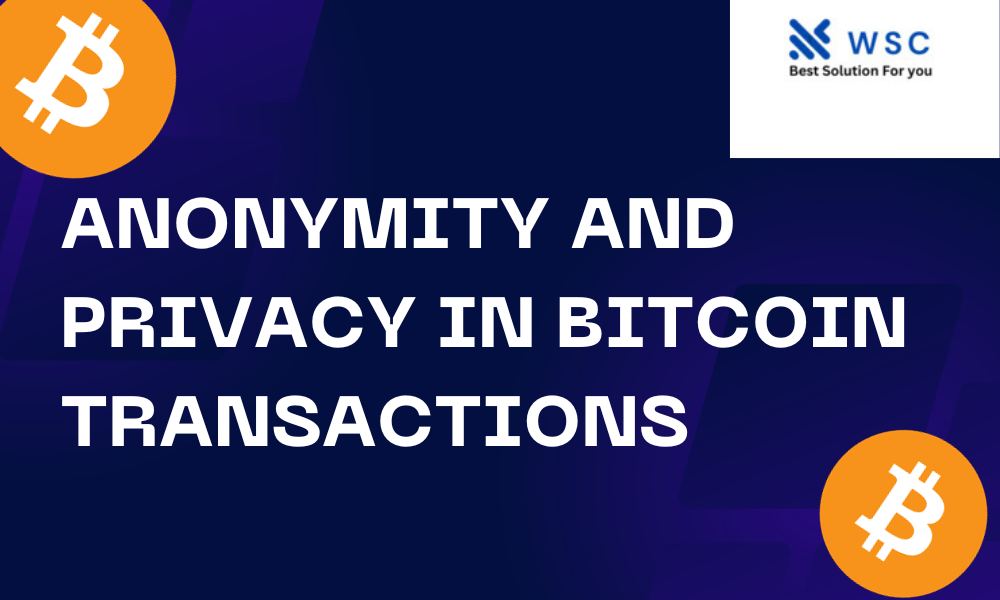In the realm of digital currencies, Bitcoin stands tall as a pioneer, revolutionizing the way we perceive and conduct financial transactions. With its decentralized nature and blockchain technology, Bitcoin offers a level of anonymity and privacy that traditional banking systems struggle to match. In this comprehensive guide, we delve into the intricacies of anonymity and privacy in Bitcoin transactions, understanding the mechanisms, challenges, and solutions associated with maintaining confidentiality in the realm of digital currency.
Anonymity in Bitcoin Transactions
One of the fundamental elements that attract users to Bitcoin is its promise of anonymity. However, contrary to popular belief, Bitcoin transactions aren’t entirely anonymous. They are pseudonymous, meaning while they don’t directly reveal personal information, they are recorded on a public ledger known as the blockchain. Each transaction is associated with a unique alphanumeric address, ensuring a level of anonymity but not absolute secrecy.
Privacy Concerns in Bitcoin Transactions
While Bitcoin offers pseudonymity, it still faces challenges in terms of privacy. The transparent nature of the blockchain means that anyone can view transaction history and trace the flow of funds. Consequently, this poses privacy concerns for users aiming to shield their financial activities from prying eyes.
Enhancing Privacy in Bitcoin Transactions
Various techniques and technologies have emerged to enhance privacy in Bitcoin transactions. One such method is CoinJoin, a process that combines multiple Bitcoin payments from multiple spenders into a single transaction. This obscures the trail of individual transactions, adding a layer of privacy to the process.
Stealth Addresses serve as another mechanism to bolster privacy. These addresses allow senders to create one-time addresses for each transaction, ensuring that recipients’ addresses remain hidden from the public ledger.
Additionally, mixing services enable users to swap their Bitcoins with others, making it challenging to track the origin of funds. These services enhance anonymity by shuffling transactions among multiple users, obfuscating their trail.
Challenges and Future Solutions
Despite these privacy-enhancing measures, challenges persist. Regulatory requirements, such as Know Your Customer (KYC) policies on crypto exchanges, often demand user identification, compromising anonymity.
However, ongoing developments, such as the implementation of Schnorr signatures and Taproot, hold promise for improving privacy in Bitcoin transactions. Schnorr signatures facilitate multi-signature transactions, reducing the space required on the blockchain and enhancing privacy. Taproot, on the other hand, enables the execution of smart contracts while maintaining confidentiality.
Conclusion
In conclusion, while Bitcoin transactions offer pseudonymity, achieving complete anonymity remains an ongoing challenge. Nevertheless, various strategies, including CoinJoin, Stealth Addresses, and mixing services, contribute to enhancing privacy. As the cryptocurrency landscape evolves, continual advancements in technology and the implementation of new protocols like Schnorr signatures and Taproot offer hope for further bolstering privacy in Bitcoin transactions.
Check our tools website Word count
Check our tools website check More tutorial




